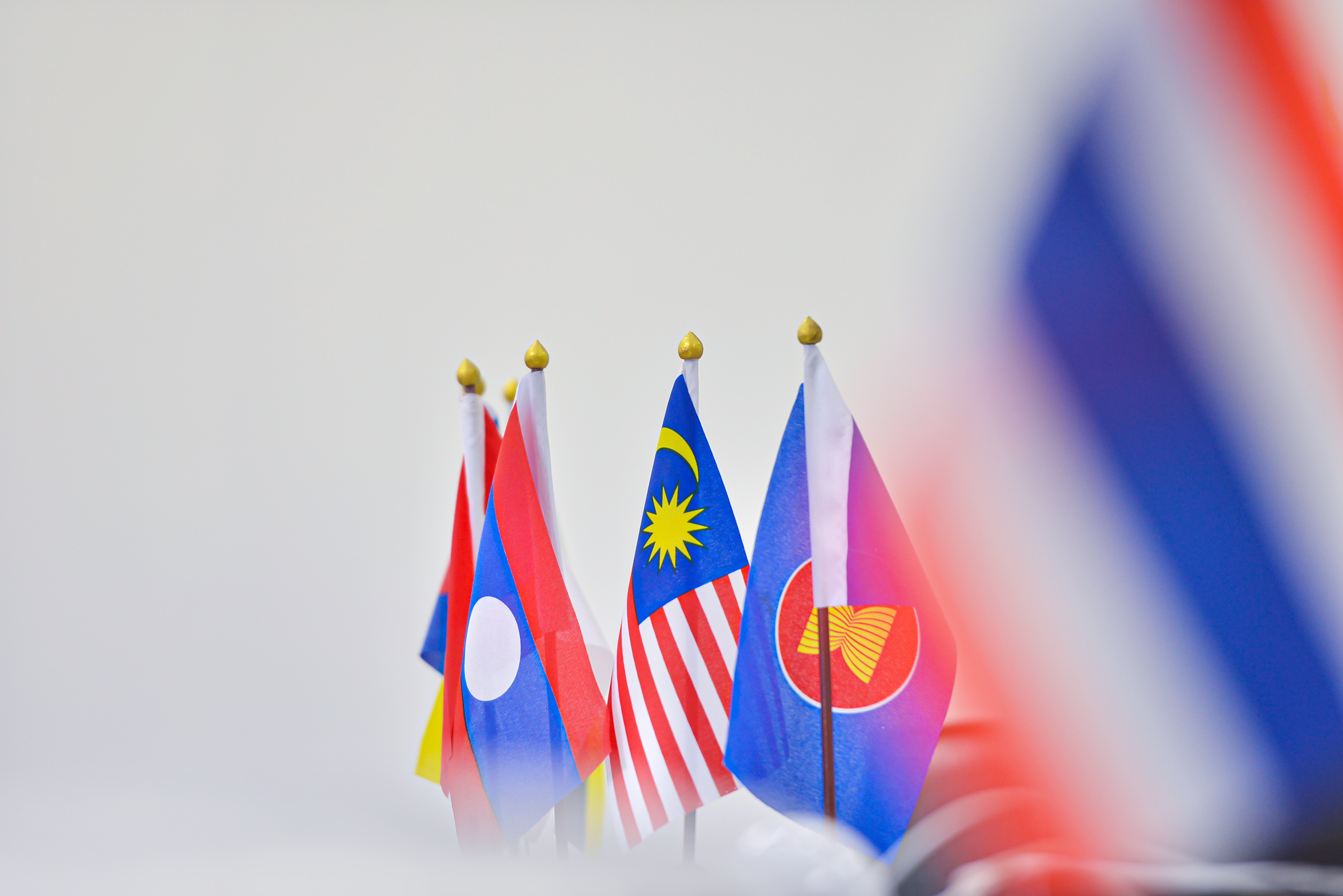Prime Minister Completes Inaugural Trips to Brunei, Indonesia, Singapore

In January, Prime Minister Anwar Ibrahim made inaugural trips to Brunei, Indonesia, and Singapore, which were his first official visits since assuming office. On January 8, PM Anwar began a two-day state visit to Indonesia, accompanied by Minister of Foreign Affairs Zambry Abdul Kadir and Minister of International Trade and Industry Tengku Zafrul Aziz. During the state trip, Anwar and Indonesian President Joko Widodo witnessed the exchange of RM1.66 billion (US$391 million) worth of agreements, including nine memorandums of understanding (MoU) between Malaysian and Indonesian companies and 11 letters of interest (LoI) by Malaysian companies to participate in the development of Indonesia’s new capital. During the state trip, Anwar and Indonesian President Jokowi discussed several topics, including joint efforts to address palm oil exports. Indonesia and Malaysia also urged Myanmar’s military government to implement the ASEAN Five-Point Consensus that had been agreed upon in April 2021.
On January 24, PM Anwar began a two-day state visit to Brunei, accompanied by Minister of Foreign Affairs Zambry Abdul Kadir as well as senior officials from the Ministry of Foreign Affairs and Ministry of International Trade and Industries. Premier of Sarawak Abang Abdul Rahman Zohari Abang Openg and Chief Minister of Sabah Hajiji Noor were also part of the official delegation. PMr and Sultan of Brunei, Sultan Hassanal Bolkiah, witnessed the signing of an MoU between the Malaysian Investment Development Authority (MIDA) and the Brunei Investment Agency (BIA) to explore potential investments of mutual interests, including the downstream oil and gas sector, artificial intelligence, and the digital economy.
On January 30, PM Anwar made a one-day trip to Singapore to meet with Singapore Prime Minister Lee Hsien Loong and witness the signing of an MoU and frameworks addressing the green and digital economy. He was accompanied by Minister of Foreign Affairs Zambry Abdul Kadir, Minister of Transport Anthony Loke, Minister of Trade and Industry Tengku Zafrul Aziz, and Minister of Communications and Digital Fahmi Fadzil. In mid-January, Singapore Minister for Foreign Affairs Dr. Vivian Balakrishnan met with PM Anwar and Malaysian ministers to reaffirm the countries’ strong bilateral relations and extend Prime Minister Lee Hsien Loong’s invitation to the prime minister to visit Singapore. According to Minister of International Trade and Industry Tengku Zafrul Aziz, Malaysia and Singapore are expected to sign a memorandum of cooperation (MoC) on the digital and green economy during the visit.







